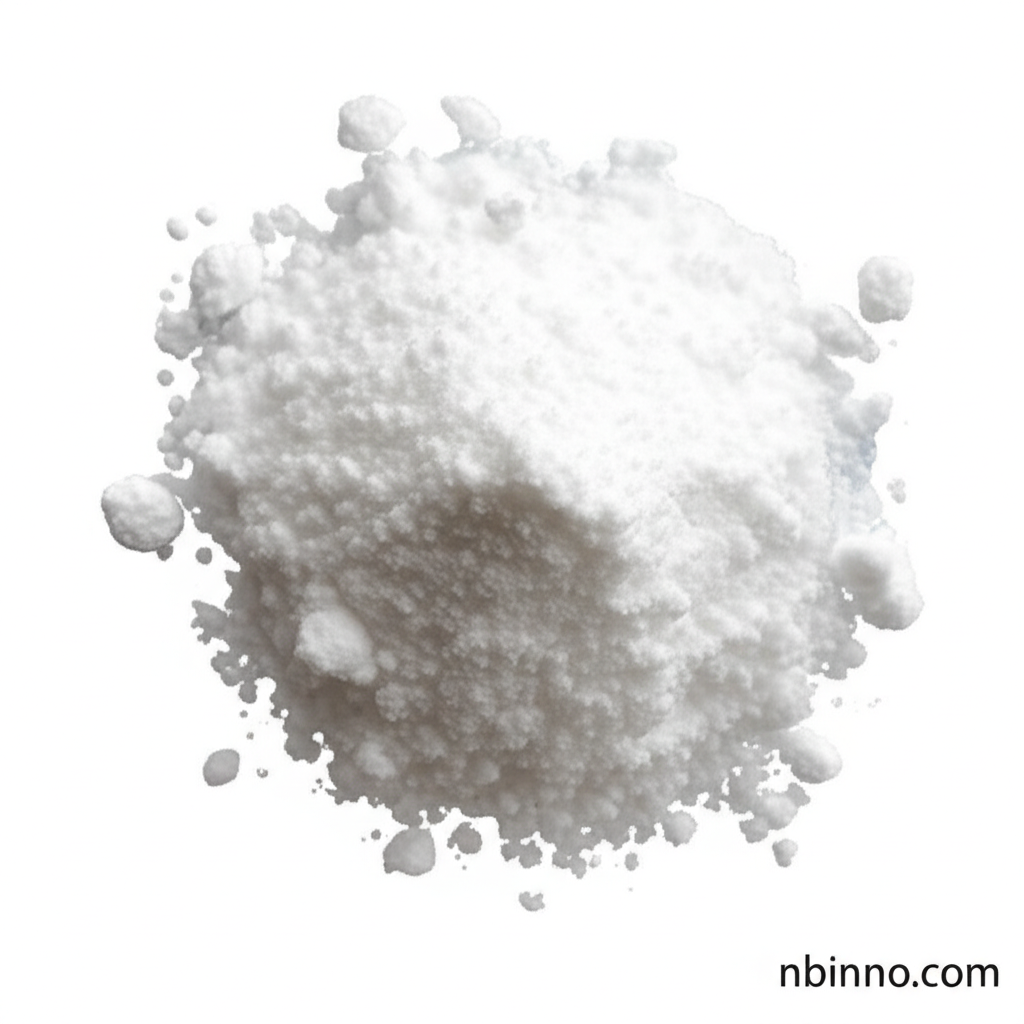1,4-Phenylenebisboronic Acid: A Cornerstone in Modern Chemistry
Discover the key applications and synthesis of this vital organic building block.
Get a Quote & SampleProduct Core Value

1,4-Phenylenebisboronic acid
1,4-Phenylenebisboronic acid, identified by CAS number 4612-26-4, stands as a pivotal reagent in contemporary organic synthesis. Its molecular structure, C6H8B2O4, and molecular weight of 165.75 g/mol, underpin its utility in a diverse array of chemical transformations and material applications. This compound is highly valued for its role as a versatile building block, enabling the construction of complex molecular architectures essential for advancements in pharmaceuticals and cutting-edge materials.
- Leverage the power of Suzuki-Miyaura cross-coupling reactions with 1,4-phenylenebisboronic acid as your primary reagent.
- Explore energy transfer processes in optoelectronic devices facilitated by the unique properties of this boronic acid derivative.
- Utilize 1,4-phenylenebisboronic acid in the synthesis of advanced materials like OLEDs and organic thin-film transistors.
- Integrate this compound into your pharmaceutical synthesis pathways as a crucial intermediate.
Key Advantages
Versatile Synthetic Utility
The chemical versatility of 1,4-phenylenebisboronic acid makes it indispensable for complex organic synthesis, particularly in palladium-catalyzed reactions like the Suzuki-Miyaura coupling.
Enabling Advanced Materials
Its application in creating novel optoelectronic materials, including OLEDs and organic semiconductors, highlights its significance in the development of next-generation technologies.
High Purity and Reliability
Sourced from reputable manufacturers, this compound consistently offers high purity, ensuring reliable outcomes in sensitive research and production environments.
Key Applications
Pharmaceutical Synthesis
As a key pharmaceutical intermediate, 1,4-phenylenebisboronic acid plays a crucial role in developing new therapeutic agents and improving drug synthesis efficiency.
Organic Synthesis
Its utility as a reagent in Suzuki-Miyaura cross-coupling reactions significantly broadens the scope of accessible organic molecules for various research purposes.
Materials Science
The compound is instrumental in the creation of advanced materials, including polymers and functional coatings, for diverse industrial applications.
Optoelectronics
In the field of optoelectronics, 1,4-phenylenebisboronic acid contributes to the development of efficient materials for organic light-emitting diodes (OLEDs) and other electronic components.
